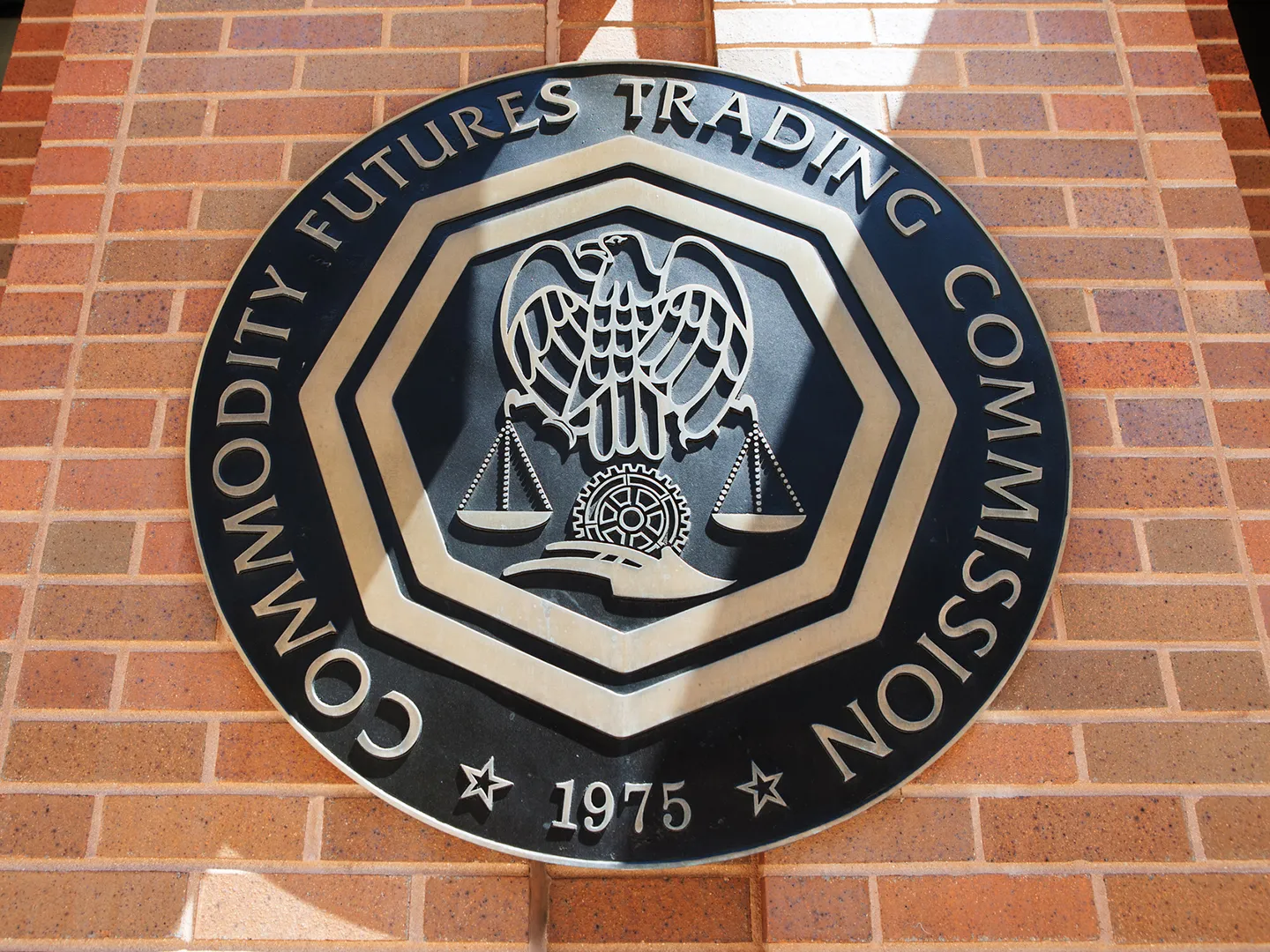In a bold and decisive move, the Chair of the Commodity Futures Trading Commission (CFTC), addressed Congress, stating unequivocally that the current practice of ‘Regulation by Enforcement’ is unsustainable. This statement marks a significant shift in the conversation surrounding regulatory practices in the crypto sector.
Does The SEC Have Total Control Over Digital Assets?
Following the legal actions initiated by the SEC against both Binance and Coinbase, the House Agriculture Committee convened on Tuesday morning. The meeting, featuring two panel discussions, was held to deliberate on the regulation of the cryptocurrency spot market.
Initially, lawmakers directed their inquiries to Rostin Behnam, the Chair of the Commodity Futures Trading Commission, before shifting their attention to a panel of five witnesses, which included industry experts and former CFTC executives.
Behnam’s comments were primarily centered on the classification of crypto tokens, the prevailing trend of regulation through enforcement, and the pressing need for regulatory clarity. Notably, the SEC classified over 10 tokens as securities in its lawsuits against Binance and Coinbase this week.
Dusty Johnson, a Republican from South Dakota, voiced skepticism during his questioning period with Behnam, stating, “There are some who argue ‘the SEC’s got this.’”
However, Johnson posed a critical question: Should the SEC indeed have absolute authority over digital assets?
Behnam said:
“This is not a zero-sum game. For anything that the CFTC might get in legislative or legal authority, I’m not taking it from someone else. There is a regulatory vacuum, there is a gap in regulation over digital commodity assets.”
Regulation By Enforcement Is Not Appropriate
Behnam asserted that the SEC should indeed have jurisdiction over assets identified as securities. However, he emphasized that “the largest token, Bitcoin, is a commodity as determined by a US court, and under US law, it is unregulated.”
Behnam noted that most exchanges feature a limited number of crypto assets that have been officially recognized as commodities. As the Chair of the CFTC, he stressed the urgent need to extend regulatory power over the crypto commodity sector.
A number of lawmakers expressed their worries about the apparent trend of regulation through enforcement in the US.
Committee Chair Glenn Thompson, R-Penn., said: “Regulation by enforcement is not an appropriate way to govern a market, adequately protect customers or promote innovation.”
According to the CFTC Chair, the issue isn’t about the CFTC and SEC refraining from prosecuting entities that violate existing laws. Instead, Behnam believes it’s about the need for increased congressional authority to address risks associated with cryptocurrencies and to establish clear policies.
The hearing on Tuesday commenced just hours after the SEC announced charges against cryptocurrency exchange Coinbase for alleged violations of securities laws. This complaint was lodged a day after the SEC filed similar charges against Binance, the world’s largest exchange.
Credit: Source link















































